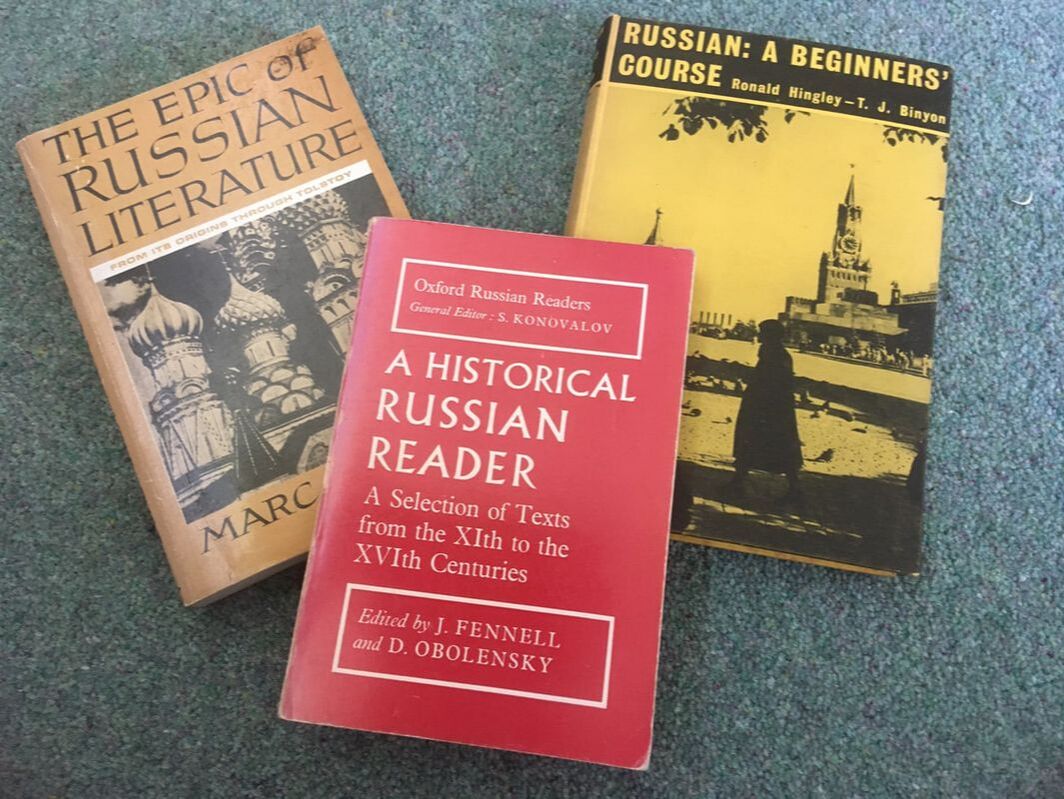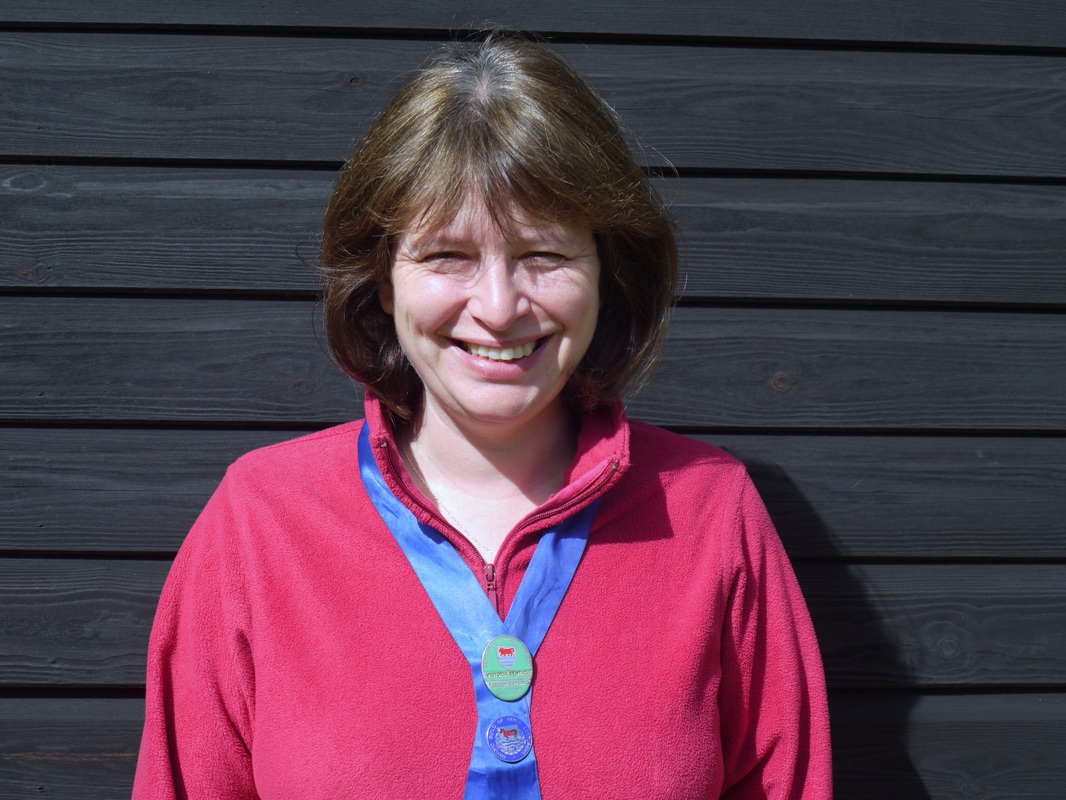|
This is an article published in the now defunct Oxford Today on 12th February 2014 at the time of the Sochi Olympics. The online link has been removed and I thought it a pity to let it go to waste. I shall post the second installment shortly.
12 February 2014 Oxford Today Oxford’s Early Russian Connections By Victoria Bentata The first of a two-part series studying the city’s ties with the current Olympic hosts. While the Olympics is in full flow at Sochi, physical exertion has not often figured highly in Oxford’s contacts with Russia — though ‘good sport’ has undoubtedly been had by several high profile visitors, and the study of Russian is today enjoying one of its most successful periods ever. Oxford University’s first serious engagement with Russian was in 1696, when philologist Edward Bernard persuaded the Oxford University Press to buy a Cyrillic font from a Dutch printer in order to publish a Russian Grammar written in Latin by a German called Ludolf. Bernard thought it would be ‘a useful booke to our Russian merchants’. This was the first ever printed grammar of Russian and guaranteed Oxford a place in the history of Slavonic studies. Its publication presaged an unusual visit a couple of years later, in April 1698, by ‘a very uncouth fellow’ dressed in an enormous, scruffy black wig and a black kaftan with gold buttons, whose dirty hands were ‘scratched as though from scabies’. Tsar Peter the Great, taking time out from his study of shipbuilding on the London docks, arrived incognito and stayed in the Golden Cross Inn, where he clearly enjoyed a good evening — helped along by a couple of bottles of brandy and four bottles of sack wine. When he visited the Ashmolean the next morning (for all of fifteen minutes), the innkeeper accompanied him in his carriage. Heading across the road to Trinity College chapel, he realised that he had been recognised and that people were flocking to follow him. Irritated by the crowd, he simply turned tail and headed back to London. Later Russian visitors stayed slightly longer. Five young men arrived to study in Oxford in 1766. Unfortunately, two left with medical problems apparently occasioned by too much reading — no, really — and three ended up in the debtors’ jail. Nikitin, the man supposedly supervising their stay, was taken to court by the warden of Merton. Eventually, the Russian government took charge of the situation and repaid the students’ debts, while Nikitin, together with Suvorov, one of the students, was eventually admitted as an MA and wrote a book on trigonometry. In 1803 Suvorov published one of the first English Language Training books, designed to teach Russians English in 30 lessons. Diplomatic overtures were made during the late 18th century when the first Russian received an Honorary Doctorate from the University. He was Russia’s Minister to the Court of St James, Count Alexander Romanovich Vorontsov, who was apparently no more than 22 years old at the time, but did go on to have a creditable career as Russia’s Chancellor and Minister of Foreign Affairs. The most impressive Russian visit came in 1814, though, when Tsar Alexander I was invited to the University for a premature celebration of Napoleon’s downfall (together with the Prince Regent and the King of Prussia) and was awarded an Honorary Doctorate of Civil Law (DCL). The Allied Sovereigns attended a magnificent banquet for 200 at the Radcliffe Library and a ‘cold collation’ in the Codrington Library. Although accommodated in more regal style than his illustrious predecessor — in the Queen’s Room in Merton — it is recorded that the Tsar slept on a mattress on the floor, whilst his sister Ekaterina Pavlovna occupied the bed. Edward Nares, then Regius professor of Modern History, further records that the Tsar’s four servants ‘slept in their clothes on the landing place of the staircase, and did no small damage, by their foreign habits, and disregard of the value of the furniture’. This clearly didn’t upset the Warden, however, who was so excited that he personally paid for two stained-glass imperial eagles to be installed in the bedroom windows, which grace it to this day. Alexander, too, evidently enjoyed his stay and such was his largesse that his gifts are still amongst the finest treasures of both Merton and Magdalen Colleges. Merton Chapel is home to an enormous green vase made of Siberian jasper with a complimentary inscription to ‘Merton College, its warden and fellows, most enlightened and venerable men, as a token of pleasant memory of the hospitality accorded during his visit to Oxford’. Magdalen’s President, Martin Routh, meanwhile, received a magnificent silver salver imprinted with the imperial double-headed eagle (above). A portrait of the Tsar, requested by the University, still adorns the Examination Schools. Honorary DCLs were also conferred on the future Tsars Nicholas I in 1817 and Alexander II in 1839. However, possibly more deserving recipients were Ivan Turgenev, author of Fathers and Sons (and the first novelist ever to be awarded an Oxford honorary degree), and chemist Dmitri Mendeleev. © Victoria Bentata
1 Comment
|
AuthorI am fascinated by the history of Oxford and am constantly learning new things. I'd like to share some of them with you. Archives
February 2023
CategoriesMy favourite websites:
Neats Home Garden John Garth Tolkien's Oxford |


 RSS Feed
RSS Feed